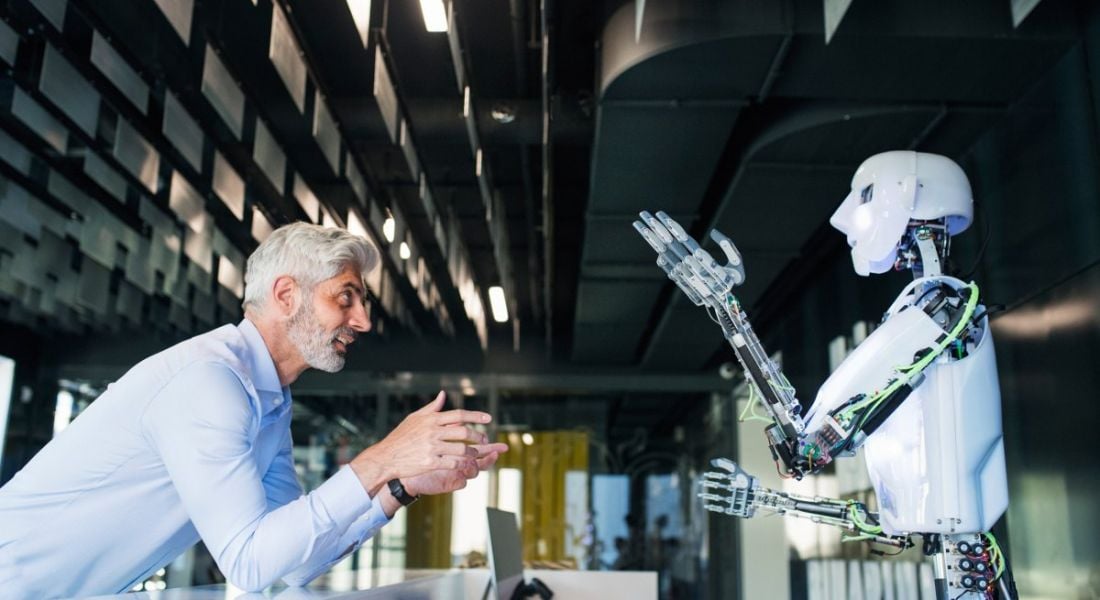Naveed Malik, EMEA head of channels at Dropbox, discusses his predictions for the future of work.
Many of us are familiar with the things that modern employers need to consider, from diversity and inclusion to flexible working and emphasis on wellbeing.
But how will technology help us with these elements of employment in the future, and what are the best methods of ensuring success? We spoke to Naveed Malik, EMEA head of channels at Dropbox, to hear his thoughts on the future of work.
‘We need to continue to embrace core values and disciplines in order for diversity to find its place’
– NAVEED MALIK
What are the major challenges and opportunities facing the workplace and workforce of the future?
For the workplace, it is about adapting and providing an optimised workplace in order to get the most out of the workforce. For the workforce, they will be much more transient in their skills to achieve project success. They might not be experts in a single field, but will need to have a broader set of skills and expertise.
In the tech sector particularly there will be people who can adapt to these project-based opportunities and actively be able to mould themselves to fit the requirements of various tasks.
What part will diversity and inclusion play in the make-up of the workforce of the future?
People may over-rotate to be as inclusive as possible. Diversity drives a different mindset to solve problems, but this does not mean we should disregard the established ways of working and understanding how to solve problems, which have been tried and tested.
We need to continue to embrace core values and disciplines in order for diversity to find its place – you need a norm to diversify from, and to have the space to flourish. It’s about balance.
Work-life balance is arguably central to job satisfaction. Will the future of work help achieve it?
The future of work will help make steps towards this, however, individuals are responsible for prioritising what they see as critical areas of work. There is now a proliferation of tools so that people can be more pragmatic about what they want to achieve – and the workplace needs to adapt to support them in this way and allow them to deliver this.
With the introduction of Dropbox Spaces, for example, we are trying to bring focus and direction so that workers can set a clear vision and achievable goals.
Newer generations will see a different balance. Global mobility is increasing and these newer generations and families can move quickly to different countries, and the workplace needs to adapt to this moving workplace as well, where workers migrate across time zones. Companies will need to facilitate this new type of worker – at any time and anywhere in any country.
We’ve already seen increases in salary, particularly in some tech roles. Do you think we will see other types of benefits in the future?
The range of benefits available outside salary now is huge. Everything is covered currently [at Dropbox and many other tech companies], from mental wellbeing, healthcare and food to the gym and travel. There are also spouse, family, and adoption and fertility benefits. These are all already going beyond salary.
In a world where we have an ‘ultra workforce’ that work everywhere and anywhere, companies need to have scalable benefits that are transferable to this mode of workers.
We’re looking at a more automated future, as AI and bots become more sophisticated. How do you think this will affect roles in your sector?
Automation is a positive thing for the workforce. It allows us to lift our heads, look ahead and visualise where we want to be, instead of becoming stuck in mundanity and process-driven actions.
Employment will increase and become more creative as we move away from repetitive tasks, giving us the chance to explore our brains and minds. AI will deliver clarity around the tasks that add true value, or the ‘big rocks’, while the smaller tasks can be taken care of by bots.
What new jobs do you think will come to the fore?
There will be a huge number of jobs! Software creation and coding is going to come to force in a machine learning environment, which requires these materials to thrive.
We’ll also still need innovation in hardware and materials to allow us to create the types of machines that we expect, and to enable them to deliver the results we will expect at a high pace.
What will companies need to do to attract and support the best talent?
Salaries can only go so far, and flexibility can only go so far too. The concept of having generations working in the same organisation is long gone. The legacy that an individual can have on shaping a company could become more forefront instead.
In your opinion, what can companies do today to prepare for the work of tomorrow?
Embrace technology wholeheartedly – faults and all – because without those faults and failures, we won’t advance, grow and learn.
We won’t get further without those catastrophes. They are the blueprint for success and understanding how to navigate and improve.




